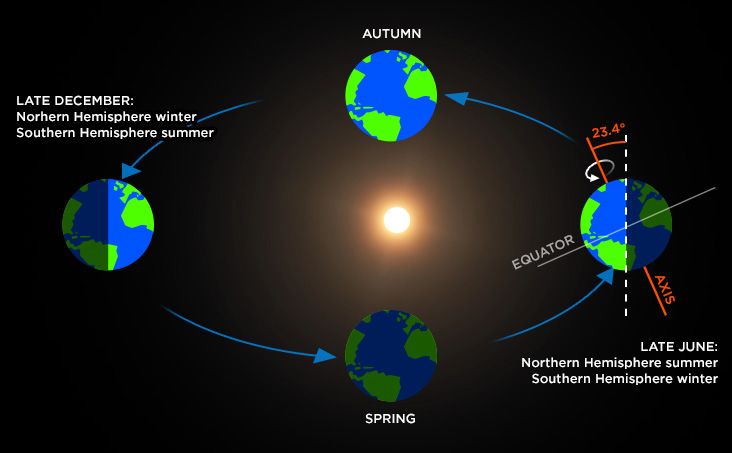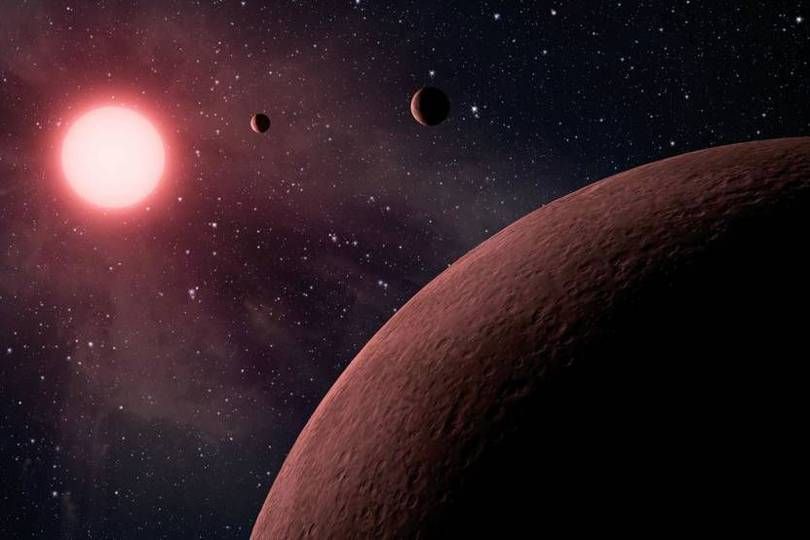Galileo Galilei
Jul 03, 2019 • 55 views
Galileo Galilei was an Italian astronomer, physicist, engineer and sometimes described as polymath. He was well recognized as "Father of Astronomy Observation." Some of his famous inventions are listed below.
Earth's orbit
Shortly after the telescope was invented in the Netherlands, Galileo fashioned his own makeshift lenses. He learned how to make increasingly powerful telescopes, which he eventually used to monitor the solar phases of the planet Venus. After noticing Venus went through similar phases to the moon, concluded the sun must be the central point of the solar point, not the Earth as it was previously assumed.

The principle of pendulum
At just 20 years of age, Galileo was in Grand cathedral and noticed that a lamp swinging overhead took exactly the same period of time for each swing, even as the distance of the string got progressively shorter. This principle of pendulum made Galileo famous, and was eventually used to regulate clocks. The law states that a pendulum will always take the same amount of time to finish a swing because there is always the same amount of kinetic energy in the pendulum.
The law of falling bodies
This law states that all objects will fall at the same rate, when accounting for relatively minor differences in aerodynamics and weather combinations. Galileo demonstrated his theory by going to the top of the Leaning Tower of Pisa and dropping items of various weight off the side. All items hits the ground at the same time.
Astronomical discoveries
He discovered that the surface of the moon is rough and that there were four moons revolving around Jupiter more importantly than either of these was his finding that many more stars exist than are visible to the eye.

Mathematical paradigm of nature
Natural philosophy, which at the time of encapsulated search fields as physics and astronomy, was discussed and theorized from a qualitative standpoint. Not only did Galileo discovers specific universe laws, he reformed the qualitative point of view and established mathematics as a scientific discovery language. He pioneered the scientific method and ushered in the modern practice of experimentation and calculated laws of nature.
His other inventions include:
Hydro-static balance, Galileo's pump, pendulum clock, the sector, Galileo thermometer, Galileo telescope, Galileo's micrometer, Galileo's proportional compass, rings of Saturn and phases of Venus.
Responding to mounting controversy over theology, astronomy and philosophy, the Roman inquisition found him "vehemently suspect of heresy", sentencing him to the indefinite prisonment. Until his death in 1642, Galileo was held under house arrest.
